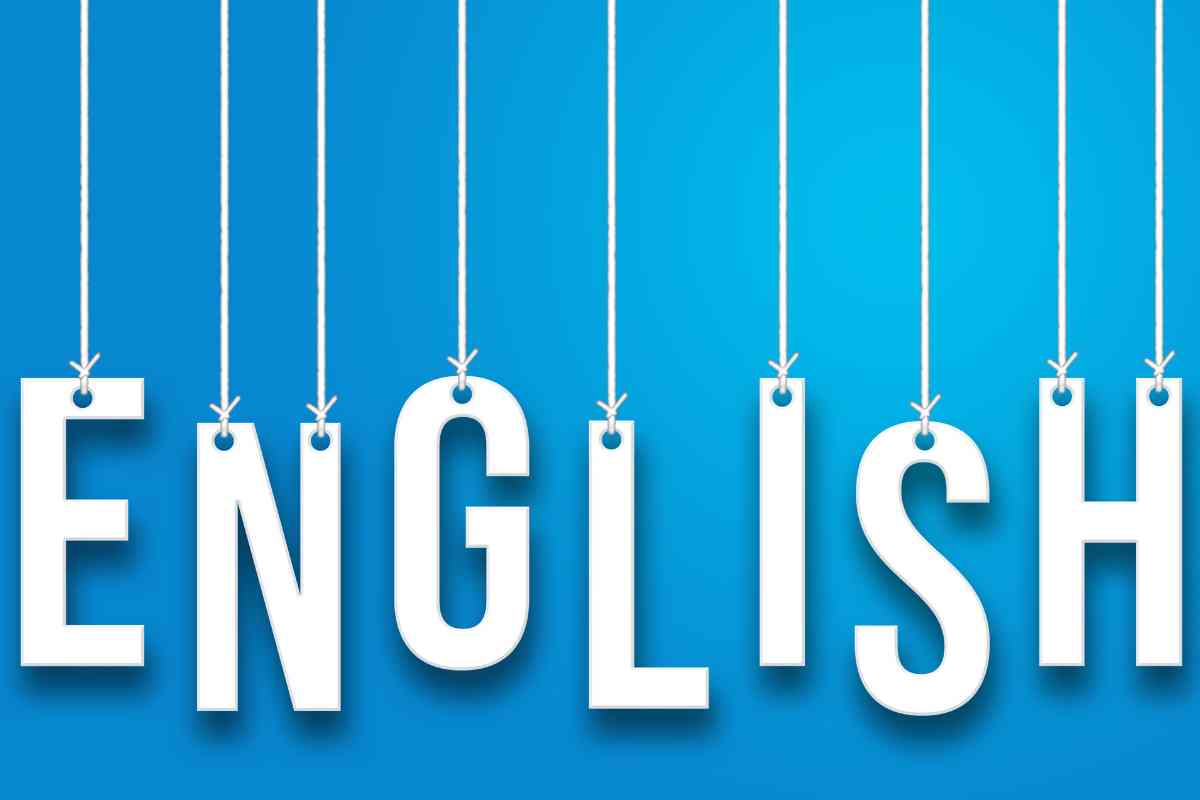Talk about a difficult word that you learned to pronounce.
- What is this word?
- Where did you read it for the first time?
- How do you find the meaning of the word?
- Why you found it difficult to learn?
Sample 1:- Talk About a Difficult Word that You Learned to Pronounce
Well, I encountered a challenging word, “mischievous,” which I eventually learned to pronounce and understand. “Mischievous” is an adjective used to describe someone or something that causes or shows a fondness for causing trouble, often in a playful or teasing manner. This term conveys a sense of lighthearted, harmless fun that might push boundaries but is not intended to cause serious harm.
I first came across “mischievous” while reading a short story collection that included a tale about a group of children engaging in playful pranks. The word intrigued me due to its unusual spelling and pronunciation, and I became determined to understand its meaning, pronunciation, and usage in different contexts.
To find the meaning of “mischievous,” I adopted a comprehensive approach. First, I examined the context in which the word appeared, drawing valuable insights into its definition. Then, I consulted dictionaries and online resources that provided definitions, synonyms, antonyms, and example sentences. These sources not only clarified the term’s meaning but also showcased its versatility across various situations and narratives.
The pronunciation of “mischievous” initially proved challenging due to its atypical phonetic structure and the common mispronunciation that includes an extra syllable. As a previously unknown word, I needed to gain prior knowledge to rely on. However, I persevered, breaking the word into syllables and practicing its pronunciation multiple times. To aid my learning, I employed mnemonic techniques, associating the term with the image of a playful child engaging in harmless pranks.
Over time, with diligent practice and exposure to “mischievous” in diverse contexts, I honed my pronunciation skills and learned to use the word effectively. This experience emphasized the importance of persistence, curiosity, and patience when confronting new words and concepts. Furthermore, it demonstrated how expanding one’s vocabulary can enhance understanding and appreciation of language, fostering more effective communication and a deeper connection with a wide array of ideas and perspectives.
Sample 2:- Talk About a Difficult Word that You Learned to Pronounce
I encountered a challenging word, “draught,” which I eventually learned to pronounce and understand. “Draught” has multiple meanings, one of which refers to a current of air in an enclosed space, and another relates to a portion of liquid to be consumed, often drawn from a larger container. This term demonstrates the intricacies of the English language, where a single word can have diverse meanings and uses.
I first came across “draught” while reading a historical novel that detailed life in the 19th century. The word piqued my interest due to its unique spelling and pronunciation, prompting me to delve deeper into its meaning, pronunciation, and application in various contexts.
To find the meaning of “draught,” I embarked on a thorough exploration. Initially, I analyzed the context in which the word appeared, gathering valuable insights about its definition. I then consulted dictionaries and online resources, which offered definitions, synonyms, antonyms, and example sentences. These sources not only clarified the term’s multiple meanings but also demonstrated its adaptability in different situations.
Follow-Us On Facebook IELTSFever
The pronunciation of “draught” posed a challenge due to its uncommon phonetic structure and the discrepancy between its spelling and pronunciation. As a previously unfamiliar word, I needed to gain prior knowledge to rely on. Nevertheless, I persisted, repeatedly breaking the word into syllables and practicing its pronunciation. To reinforce my learning, I employed mnemonic techniques, associating the term with both the image of a cool breeze and a refreshing beverage.
Through diligent practice and exposure to “draught” in diverse contexts, I gradually refined my pronunciation and learned to use the word effectively. This experience underlined the importance of perseverance, curiosity, and patience when encountering new words and concepts. Furthermore, it exemplified how expanding one’s vocabulary can deepen understanding and appreciation of language, leading to more effective communication and a richer connection with a broad range of ideas and perspectives.

